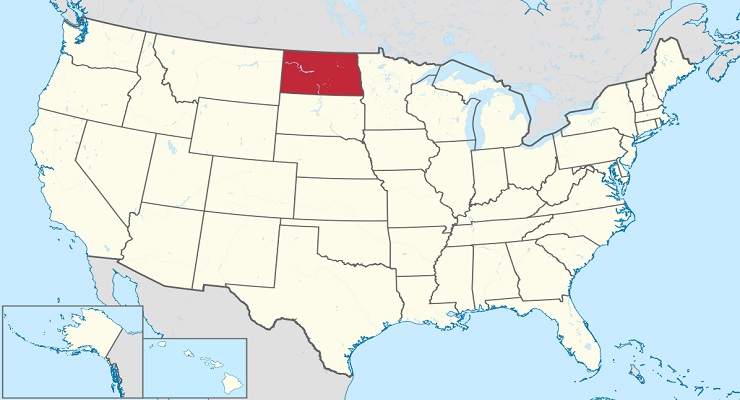
As part of the last minute court election law rulings that are taking place, the U.S Supreme Court recently refused to intervene in a case related to the contentious North Dakota voter ID laws. Their decision has put the votes of tens of thousands of Native Americans and other locals in jeopardy.
On October 9th the Supreme Court refused to intervene in a challenge order that was presented in April by the Federal District Court of North Dakota. The North Dakota voter ID law in question permits the state to allow voters to cast their ballot only if they are able to show ID’s that have current street address or mailing address. The order was by followed the June primaries but the Appeal Courts for the 8th Circuit put the order on hold in September.
Last week the issue as taken to the Supreme Court. The Justices refused to step in and take action. The results of the North Dakota law being upheld at this late date will be in preventing thousands of Native Americans voters from casting their ballot in the coming November elections. Local activists are furious. Their lawyers argued in court that adding the new ID requirements “so close to the election—after voting has actually started—will irreparably injure Native American voters and cause serious voter confusion.”
At stake in this decision are the actual election results in a closely fought election year. Democrats are hoping to win a key Senate race between where Republican Kevin Cramer is trying to unseat Democrat Heidi Heitkamp. It is widely believed the voter ID law would harm Democratic voters more than Republican who are more likely to already have ID. Native American voters in particular have expressed their worries that the presentation of identification bearing street address as demanded by the new law will pose an obstacle to them in several ways.
This is due to the fact that most Native Americans live in rural areas where addresses are often not available and are therefore not frequently found on tribal ID. Native Americans in that area also suffer from an extreme epidemic of homeless. Two Supreme Court Justices who voted against the majority decision, Justice Ruth Bader Ginsburg and Justice Elena Kagan, were pointed in their dissent, as pointed out in a post on Supreme Court journalism outfit Scotus Blog:
Ginsburg complained that the “risk of voter confusion appears severe here because the injunction against requiring residential-address identification was in force during the primary election and because the Secretary of State’s website announced for months the identification requirements as they existed under that injunction.” Ginsburg acknowledged that, as the 8th Circuit had emphasized, the elections are still a month away.
However, Ginsburg stressed, tens of thousands of North Dakotans don’t have an ID bearing their residential street address. As a result, she warned, the 8th Circuit’s order “may lead to voters finding out at the polling place that they cannot vote because their formerly valid ID is now insufficient.”
As the midterm elections draw near, many states are quickly trying to ready their election administrations. North Dakota has proven its priorities in this regard for 2018. They passed a law and fought for it that will stop homeless Native Americans from voting due to lack of proof of residency. The whole episode is a tragedy.

Leave a Reply